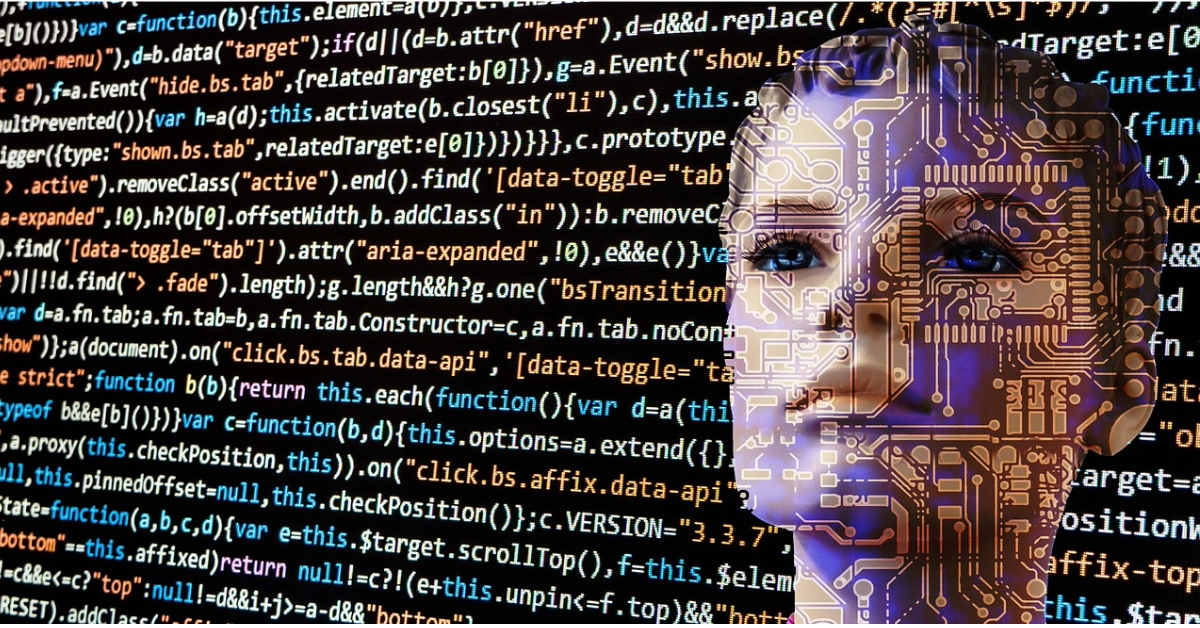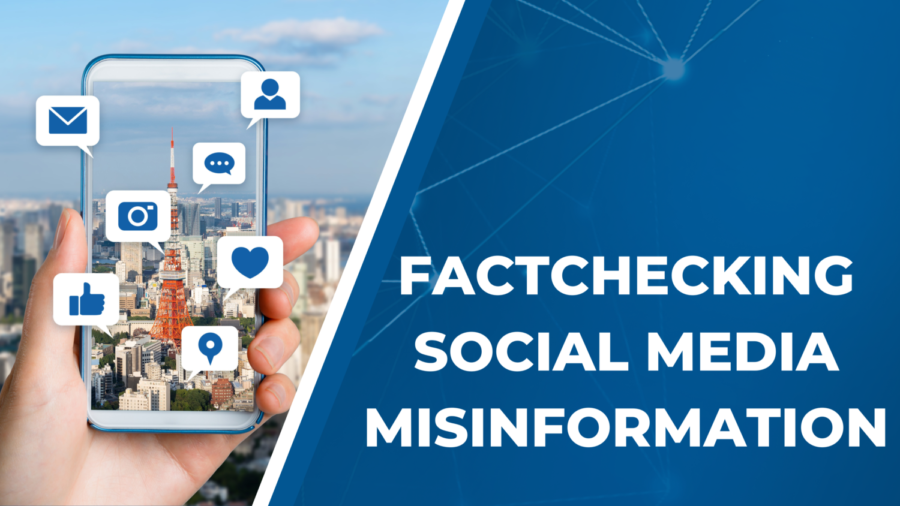Producing television and movie projects can be expensive for productions that take place on
location with human actors, extras, wardrobe and catering costs among a long list of other
expenses. After the COVID-19 pandemic brought many projects to an expensive halt,
Hollywood again finds itself in another situation that impacts their local economy and the
workers who contribute to it.
Since July 14 of this year, the Screen Actors Guild – American Federation of Television and
Radio Artists, commonly known as SAG–AFTRA, has been on strike. The picketing caused an
immediate halt on production of several high-profile TV shows as members of the guild are in
dispute with the Alliance of Motion Picture and Television Producers. With a lot of the most
popular media being produced by streaming giants like Disney, Peacock and Netflix, many who
watch popular shows like Stranger Things or The Bear don’t have to pause for commercial
breaks. With that, revenue from ads and commercials are not the cash cow incentives for TV
executives like they were in the ‘80s and 90s.
Many actors are upset with the relatively low amount of compensation from residuals from
streaming – or lack thereof. Artificial Intelligence, commonly known as A.I., has also been a big
part of the dispute between the two groups. Kim Manning, who was a cast member called
“Peaches” on VH1’s reality program, Flavor of Love, spoke out against the use of digital
recreation. The actress reported that when she arrived on set, the producers were scanning each
“extra” (or background actor) for potential use on future projects. Essentially, this would allow
for the crew to digitally alter or program the background actors without the need to pay them for
a day of work in the future.
Not only would the actors be severely impacted by the reduction of income, but also the crew –
from the person who holds the boom mic to the owner of the food truck hired to feed the set
builders and hair stylists. The ability to reduce costs by utilizing A.I. could have a negative
impact on the overall economic health of Hollywood. The opposing parties are hoping to find a
compromise, and the Writers Guild of America was handed a recent win as a judge ruled that
Artificial Intelligence cannot create art that would be protected under the law.
While the conversation of A.I. in Hollywood is not something that most on campus would be
knowledgeable about, A.I. has and will continue to have an impact on our everyday lives. From
having to talk to “Andy” the new AT&T virtual assistant, to navigating through support chat via
an app or on a website – more and more jobs that were once handled by a human being on the
other side of the screen are now handled by a program built to learn how to interact with humans.
What will the economic impact be to our society as more corporations learn to adapt to A.I.
when it can reduce the cost of running a business? I don’t currently have the answer to my own
question, but I am currently enrolled in the course Artificial Intelligence & Ethics with Professor
Ha and look forward to updating this article later in the semester.














